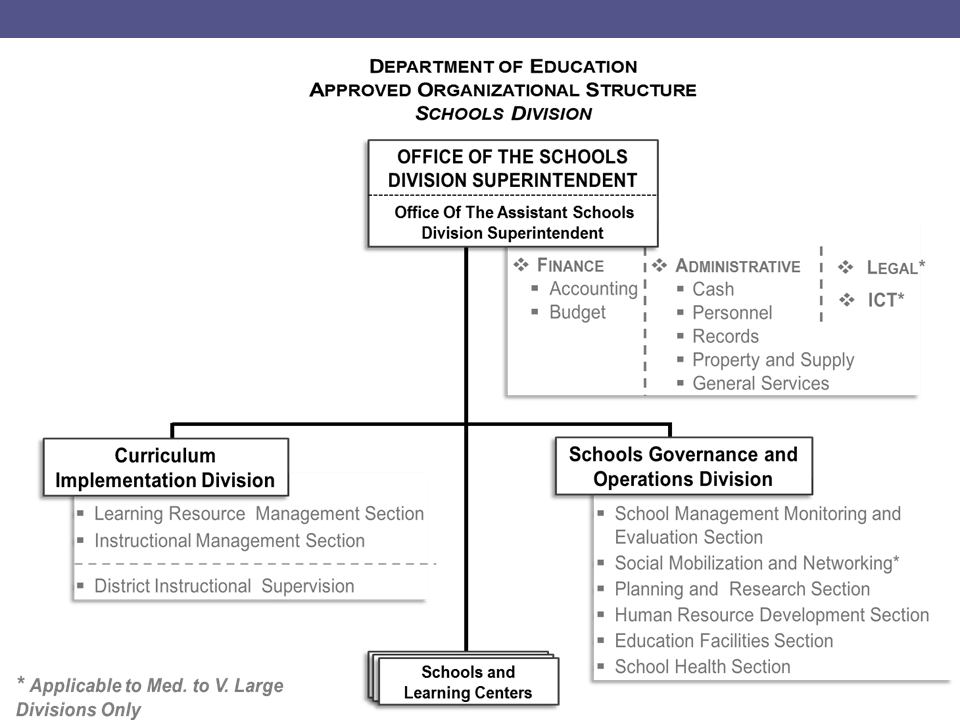
Deped School Based Management Program
School-Based Management. Yap & Adorio. 51 areas (DepEd, 2006b). The Philippines, as a signatory of the Salamanca Statement of Action on Special Needs. 2015 – Guidelines on School-Based Management (SBM). (DepEd) shall continue providing School-Based Management. PROGRAMS PROJECTS SCHOOLS.
Chapter 5 The Effects of School-Based Management Plans ANITA A. SUMMERS The Wharton School, and Graduate School of Education, University of Pennsylvania AMY W. JOHNSON The Institute for Research on Higher Education, University of Pennsylvania Virtually every school district in the United States is actively reviewing the concept of increasing the decision-making autonomy of individual schools—developing school-based management (SBM) plans.
The objective of this chapter is to review the evidence produced by reasonably systematic studies on the impact of increased autonomy on the performance of schools, particularly on the achievement performance of the children in these schools. Questions about the effectiveness of SBM are part of a long-standing debate about the best paradigm for the organizational structure for the delivery of primary and secondary education. One paradigm, not currently in favor, is to increase centralization by expanding the scope of governance. Uniform regulations for different communities; (2) the larger the unit of governance, the less able citizens are to express their individual preferences, which the education system's organization ought to satisfy insofar as possible; (3) the smaller the unit of governance, the more parents will participate, contributing to higher student achievement; and (4) if parental choice of schools is added to the plan for decentralization, competition will improve the service quality per dollar. The next section of this chapter develops a taxonomy for grouping the very wide range of characteristics and objectives of the SBM plans that have been introduced in recent years. It is important to observe that the enthusiasm for SBM, expressed in hundreds of articles and papers, does not, on the whole, stem from positive student achievement results.

The third section describes our search for all available systematic studies of SBM, the complete results of which are available from us directly. Section four describes the findings of the 20 systematic studies we found, concentrating particularly on those that used as an outcome measure actual student achievement, in contrast to teacher, principal, or parent perceptions. The conclusion of this review is that there is no collective evidence of positive effects because the methodologies of the studies are inadequate, and because even the few results based on some empirical data have not, on the whole, been positive. Da capo 6th edition workbooks. The last section suggests what the characteristics of an adequate evaluation of SBM reform should be. Experimentation with new governance structures is essential, but to do so without adequate evaluation is to repeat the errors of the past. Trade-offs are required, but dropping ineffective methods and adding effective ones require serious assessments of effectiveness.